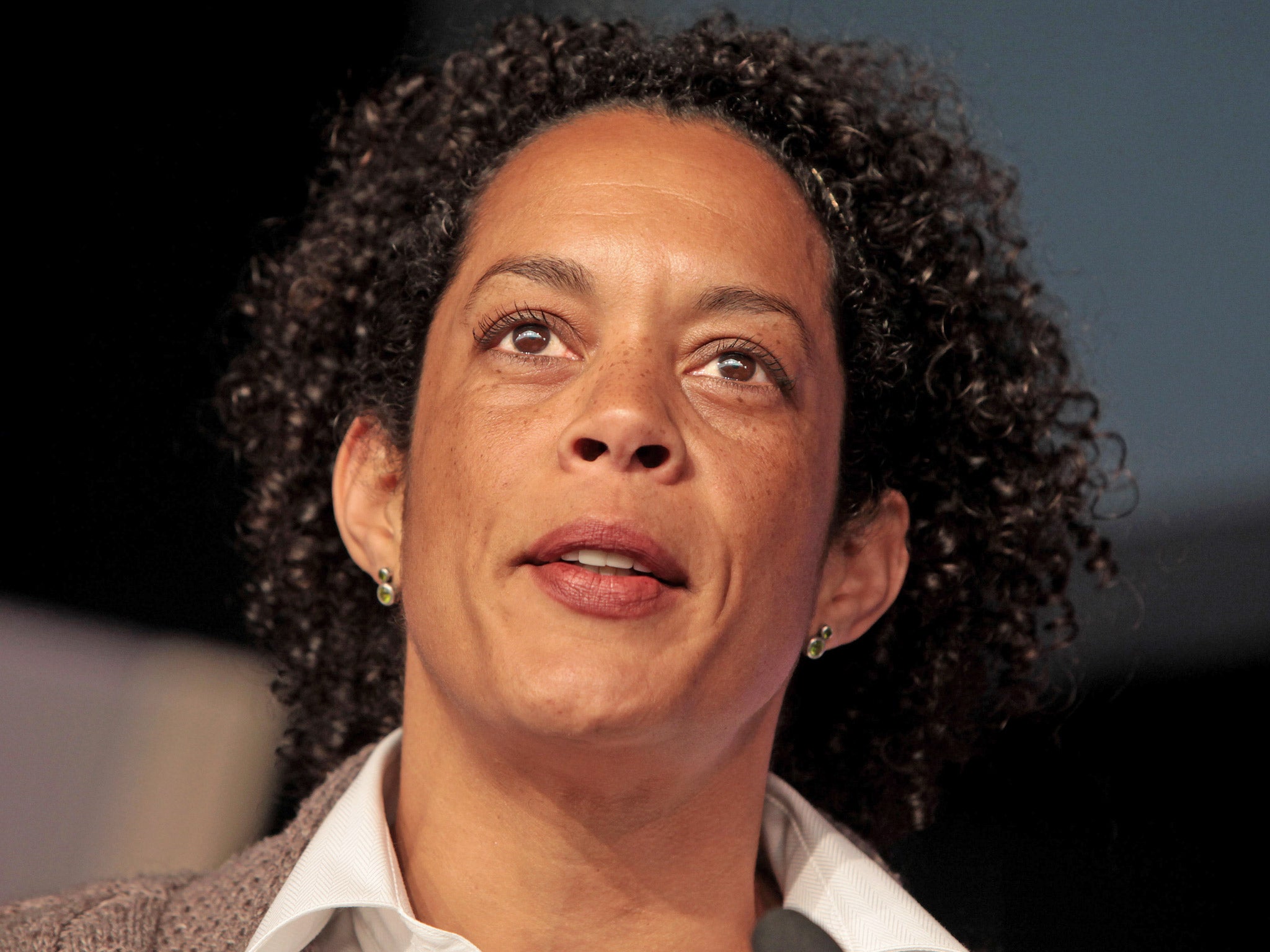Bath Literature Festival: Writers unite against 'worst kind of stereotyping' of Africa in the media

Your support helps us to tell the story
From reproductive rights to climate change to Big Tech, The Independent is on the ground when the story is developing. Whether it's investigating the financials of Elon Musk's pro-Trump PAC or producing our latest documentary, 'The A Word', which shines a light on the American women fighting for reproductive rights, we know how important it is to parse out the facts from the messaging.
At such a critical moment in US history, we need reporters on the ground. Your donation allows us to keep sending journalists to speak to both sides of the story.
The Independent is trusted by Americans across the entire political spectrum. And unlike many other quality news outlets, we choose not to lock Americans out of our reporting and analysis with paywalls. We believe quality journalism should be available to everyone, paid for by those who can afford it.
Your support makes all the difference.The truth about the world's most violent conflict zones isn't black or white, scary or idyllic, corrupt or democratic. Yet our media tries to make it so.
This was the message from two expert, boots-on-the-ground writers about Africa at the Bath Literature Festival. As Ben Rawlence, author of Radio Congo, told The Independent after his talk: "There seems to be a race to the bottom on journalism, which accelerates the worst kind of stereotyping."
James Fergusson, who wrote The World's Most Dangerous Place, about Somalia, agreed. He felt that this helped to create barriers to understanding, which we sorely need. “The idea that 'citizen journalism' can somehow fill the gap is just wrong,” he said. “The texture of grassroots reporting is different – grainier, perhaps more lively. But there's no one filtering that, sorting fact from manipulation, doing the forensic analysis.“
Most people's view of Somalia, Fergusson pointed out, was probably drawn from the movie Black Hawk Down, which Ridley Scott filmed there. "But no country could possibly be as violent or computer game-ish as that."
It would be foolhardy to ignore the risks of reporting from such areas. But as Aminatta Forna, the session's chair and author of The Devil Who Danced on the Water, put it: "I've hitch-hiked through the Congo, and as a woman alone I sometimes felt that I'd rather break down in a car there than here."
When Rawlence first went to the Congo, he realised that most media correspondents had never been outside the hottest conflict zones. His reaction had been to learn Swahili so he could travel independently and form a more balanced view of the area. "I found that if I pitched up tired, hungry and dirty and asked for food and a bed, most ordinary people were incredibly welcoming."
What's on: Friday 8 March
11.15am Cecil Beaton. Introduction to the archive of war photographs taken by the legendary snapper.
1pm When Good Religion Goes Bad. Today's Independent Voices debate looks at religious conflicts.
1pm The Du Maurier Sisters. Jane Dunn explains how Daphne and her sisters lived lives of social and sexual non-conformity.
6.15pm Gavin Esler: Lessons from the Top. The Newsnight presenter explains how world leaders used stories to gain power.
Join our commenting forum
Join thought-provoking conversations, follow other Independent readers and see their replies
Comments